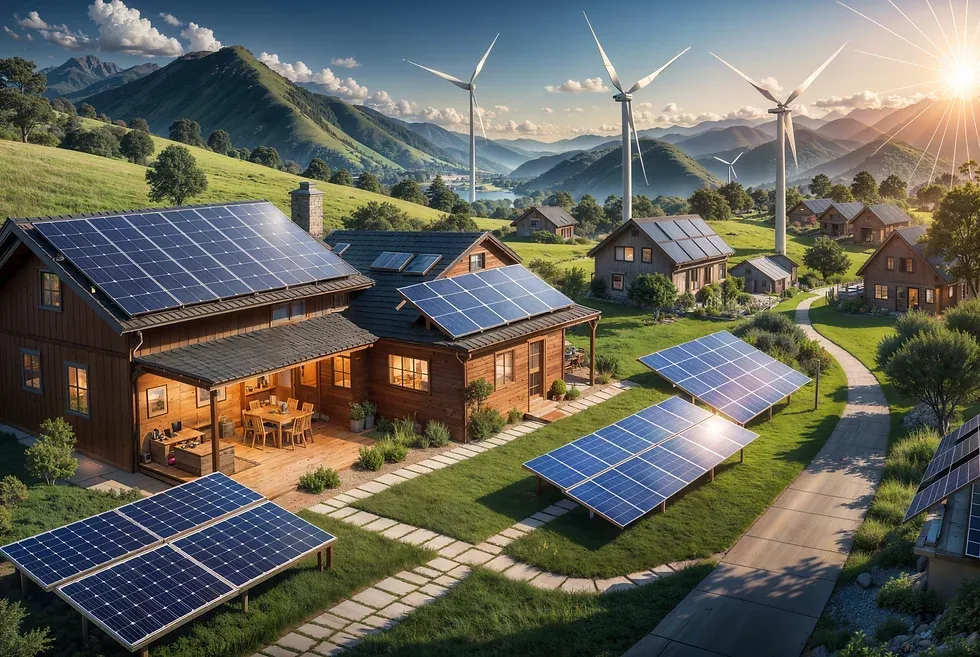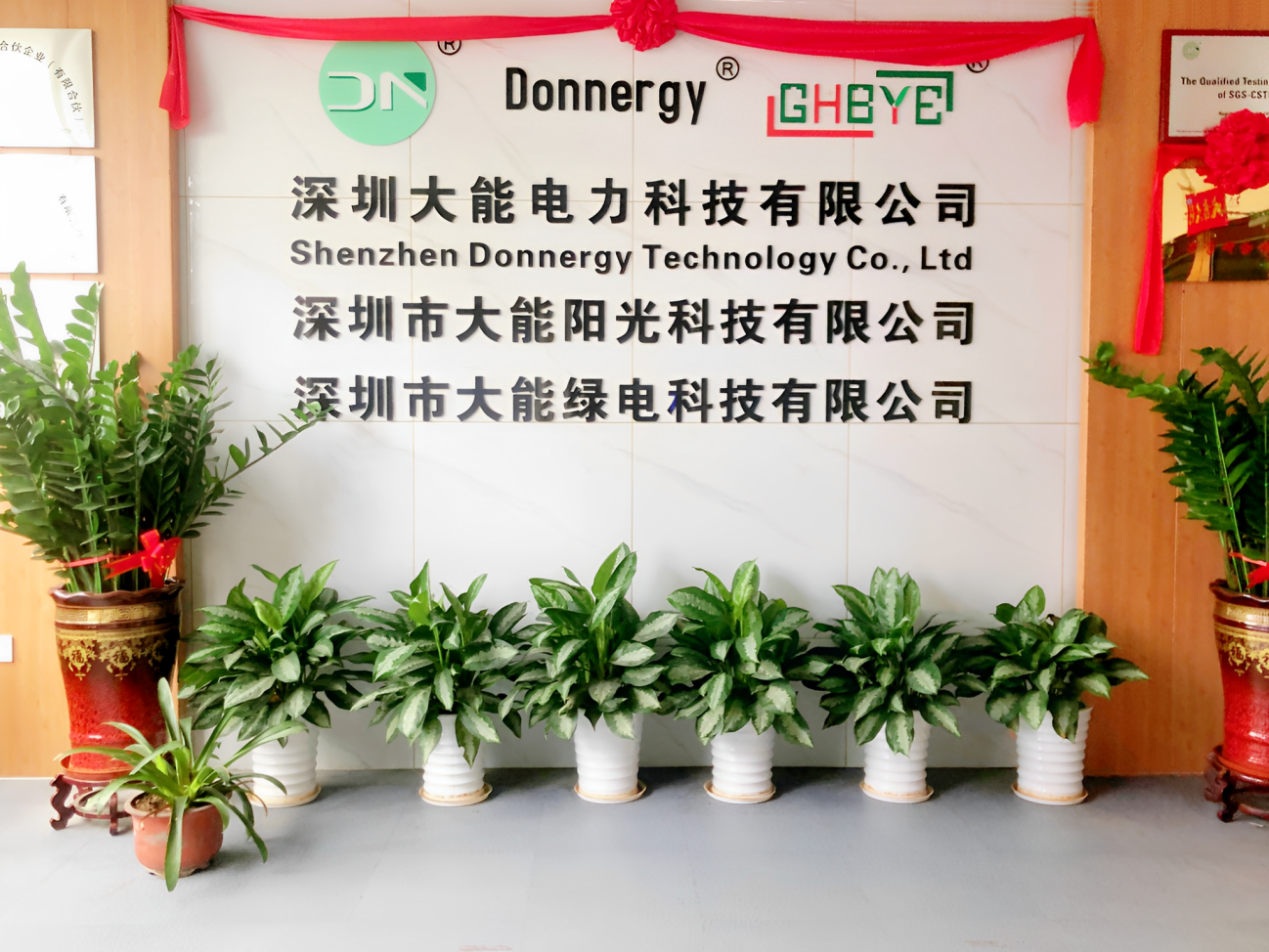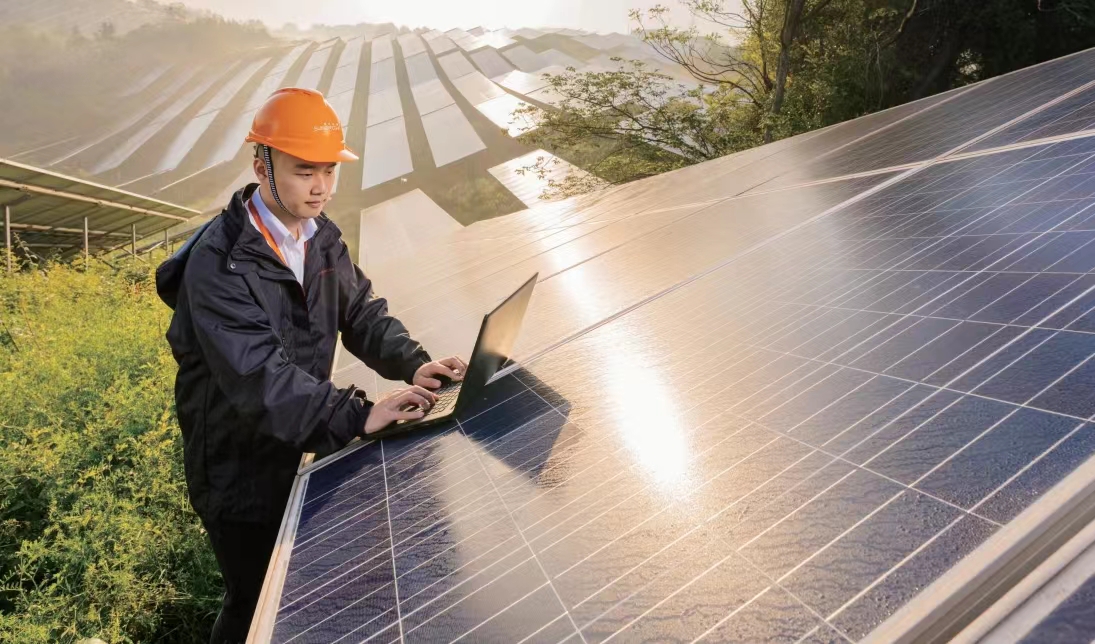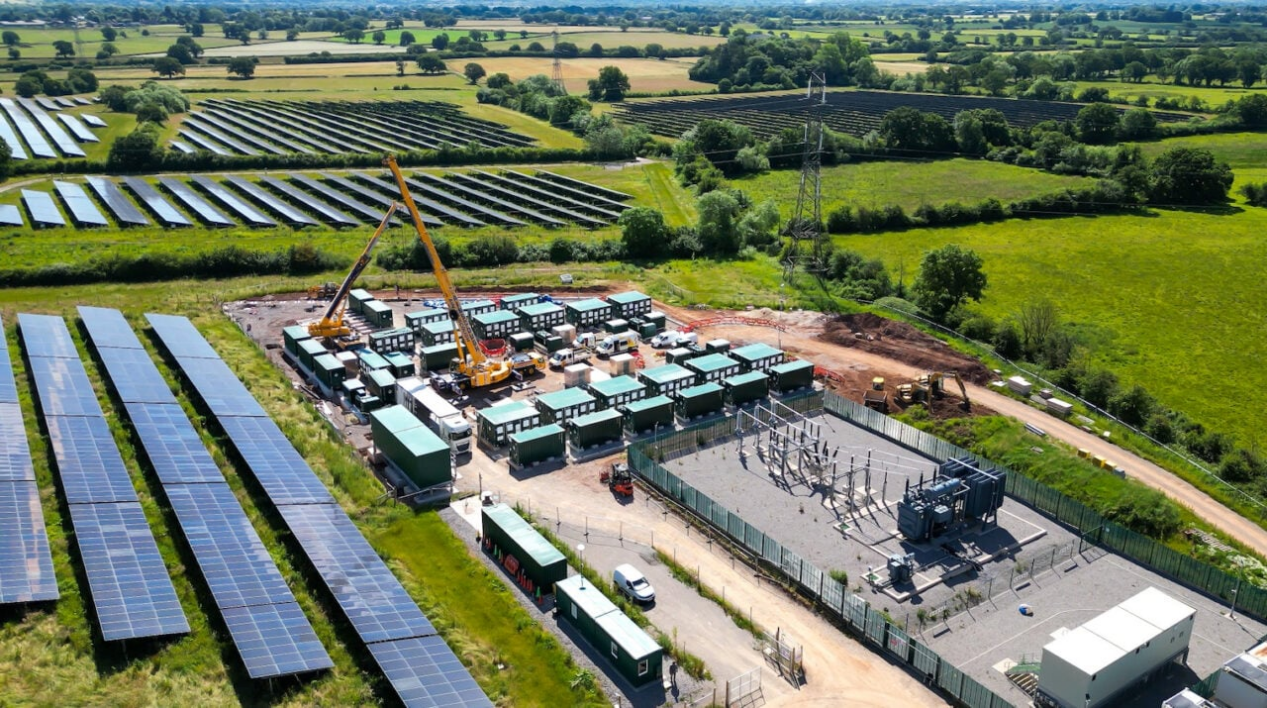South America's energy storage market is surging, BYD, Sunny Power has full orders
Time: Aug 01, 2024Views:
Outside of North America, the South American energy storage market is growing at an impressive rate.
More and more companies are looking at South America and harvesting fruit quickly. For example, Kolu America signed a procurement agreement on July 26 with GEA TRANSMISORA SpA of Chile for battery energy storage system equipment with a total capacity of 420MWh.
The number one market for energy storage in South America is Brazil, followed by Chile.
"Chile is a very open and competitive country where new and innovative technologies are adopted quickly and at low cost. Any company can come to Chile to participate in energy bids, especially since we Chinese companies have a free trade agreement with Chile and there are no import tariff barriers for PV." So said an executive of a large energy storage company to Tide Power Think Tank.

Sunny Power signed a 650MW PV project in Brazil in 2022, and also signed a 500MW distribution agreement with Brazil's SOL+Distribuidora last year.On January 12, BYD and Spain's Grenergy reached a procurement agreement for a 1.1GWh energy storage system for the world's largest energy storage project, the 4.1GWh energy storage project in Chile's Atacama Oasis, supplying it with 2,136 Magic Cubes. The company supplied 2,136 units of Cube, the world's largest energy storage project, for the Atacama Oasis 4.1GWh energy storage project in Chile.
According to relevant professional organizations, South America's onshore wind power generation capacity will double over the next 10 years to 79 GW. As in North America, where grid capacity and record-breaking growth in renewable power generation run counter to each other, existing solar photovoltaic (PV) projects are adding storage facilities to reduce the high levels of solar abandonment and negative pricing.
Brazil installed more than 4GW of new PV in the first quarter of this year, and Chile currently has more than 3.9GW of PV power projects under construction.
Tidewater analyzes the two major energy storage markets of Brazil and Chile separately here.
Brazil
Brazil is rich in light resources, photovoltaic solar energy still has a lot of room for development; the northern and central regions have a large area of underutilized land, suitable for the installation of solar power generation equipment, the territory is mainly based on hydroelectric power plants to store electricity, last year's installed capacity of onshore wind power 5.9GW.
However, Brazil's transmission and distribution infrastructure development is still slow, the grid capacity is far less than needed, the existing traditional energy storage facilities are not conducive to peak filling, the surge in the construction of power plants is driving the expansion of the battery energy storage market.
At the same time, part of Brazil due to extreme weather and hydropower dependence on high reasons, facing unstable power supply, coupled with the electricity price mechanism, local families for household storage demand is rising.
Starting this year, Brazil has included batteries and energy storage solutions in energy auctions.
Although Brazil is actively developing the local photovoltaic manufacturing industry, but the local production capacity is limited, the industry chain is not complete, still need to rely on imports, especially from China to import midstream and upstream products. In short, for a long time, Brazil's energy transition will be highly dependent on Chinese PV companies.

Chile
Chile is rich in solar and wind energy resources, and has been at the forefront of Latin America's renewable energy generation growth in the past decade. But for it, the battery energy storage project is considered to come too late.
The good news is that the Chilean government has acted quickly, given the challenges facing the grid.
Starting with the passage of the Energy Storage and Electric Vehicles Law at the end of 2022, which allows participants operating stand-alone energy storage to participate in the market for a short period of time, the Chilean energy storage market has accelerated, with the total capacity of energy storage projects coming on stream in the last year being around 1.3GW.
The Chilean government has approved public land auctions that will enable developers to apply for direct land allocation for energy storage projects. Last November, Chile launched the Energy Storage System Development Promotion Program, which aims to allocate public land for projects that will start operating in 2026, with land licenses valid for up to 40 years.
Translated with DeepL.com (free version)
recommend
Aug 02, 2024
Household storage enterprises also came to the industry fork in the road, can not survive will only be accelerated elimi...
Hot







